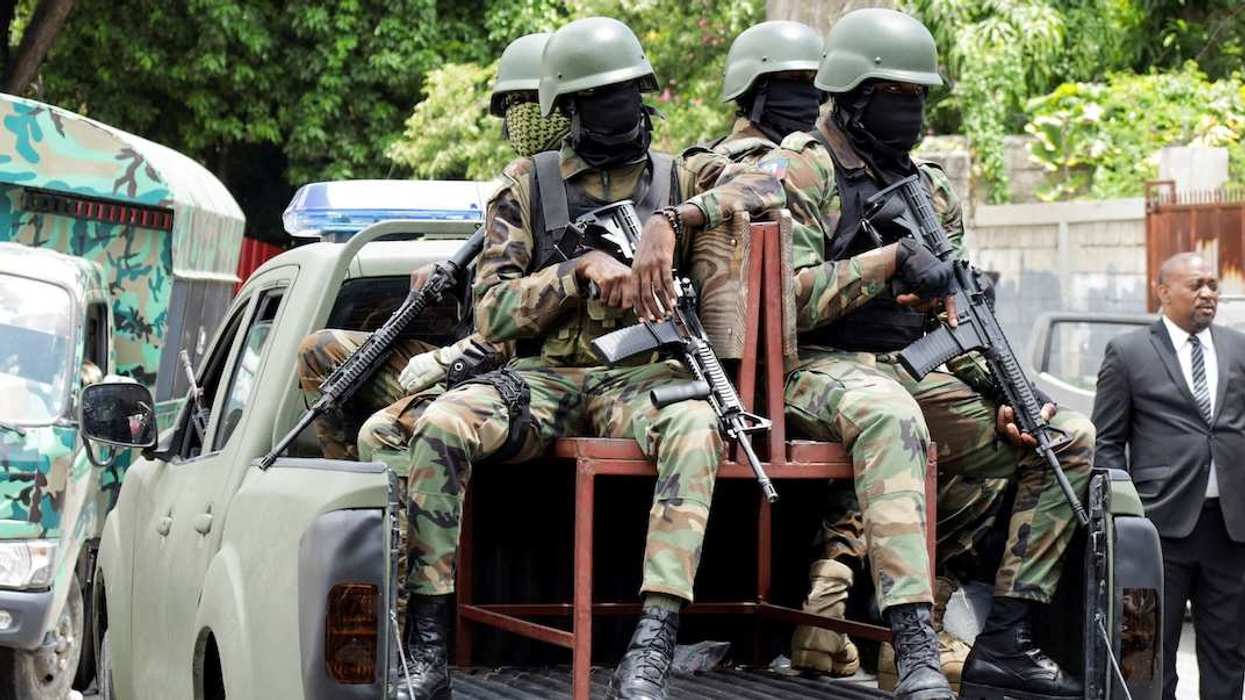President Vladimir Putin declared Sunday a national day of mourning for the 137 people killed at the Crocus City Hall outside Moscow on Friday. Several gunmen opened fire at the popular music venue late Friday, injuring another 180 and leaving more than a third of the building on fire. Crews are still sifting through the debris for bodies.
The Islamic State group claimed responsibility for the attack, which came just weeks after Washington warned of possible terrorism at large venues in the Moscow area, which Putin notably ridiculed as fearmongering.
What motivated the militants? In a word: Syria. Russia has been helping the Assad regime ramp up its attacks on Islamic State strongholds in recent months, but the battles have been going on for years, with anger festering over Putin’s support for President Bashar al-Assad.
Still, Putin looks east. Despite the Islamic State’s admission, Putin tried to blame Ukraine. He also blamed “international terrorism” but said the perpetrators — 11 have been arrested, including four of the gunmen — were trying to flee to Ukraine after the attack.
Ukraine has repeatedly denied any role in Friday’s tragedy. Meanwhile, Russian attacks on Ukrainian cities intensified over the weekend, with drones hitting Kyiv and Lviv, along the Polish border. While no one was injured, Poland reported that Russian cruise missiles had entered its airspace.
"Pointing the finger at Ukraine and sidelining the ISIS-K angle — at least in official statements — serves the Kremlin’s purpose of rationalizing a potential escalation in its military operations against the adversary," says Eurasia Group analyst Tinatin Japaridze, possibly including a new round of conscription, though Putin did not mention mobilization specifically on Saturday.


















